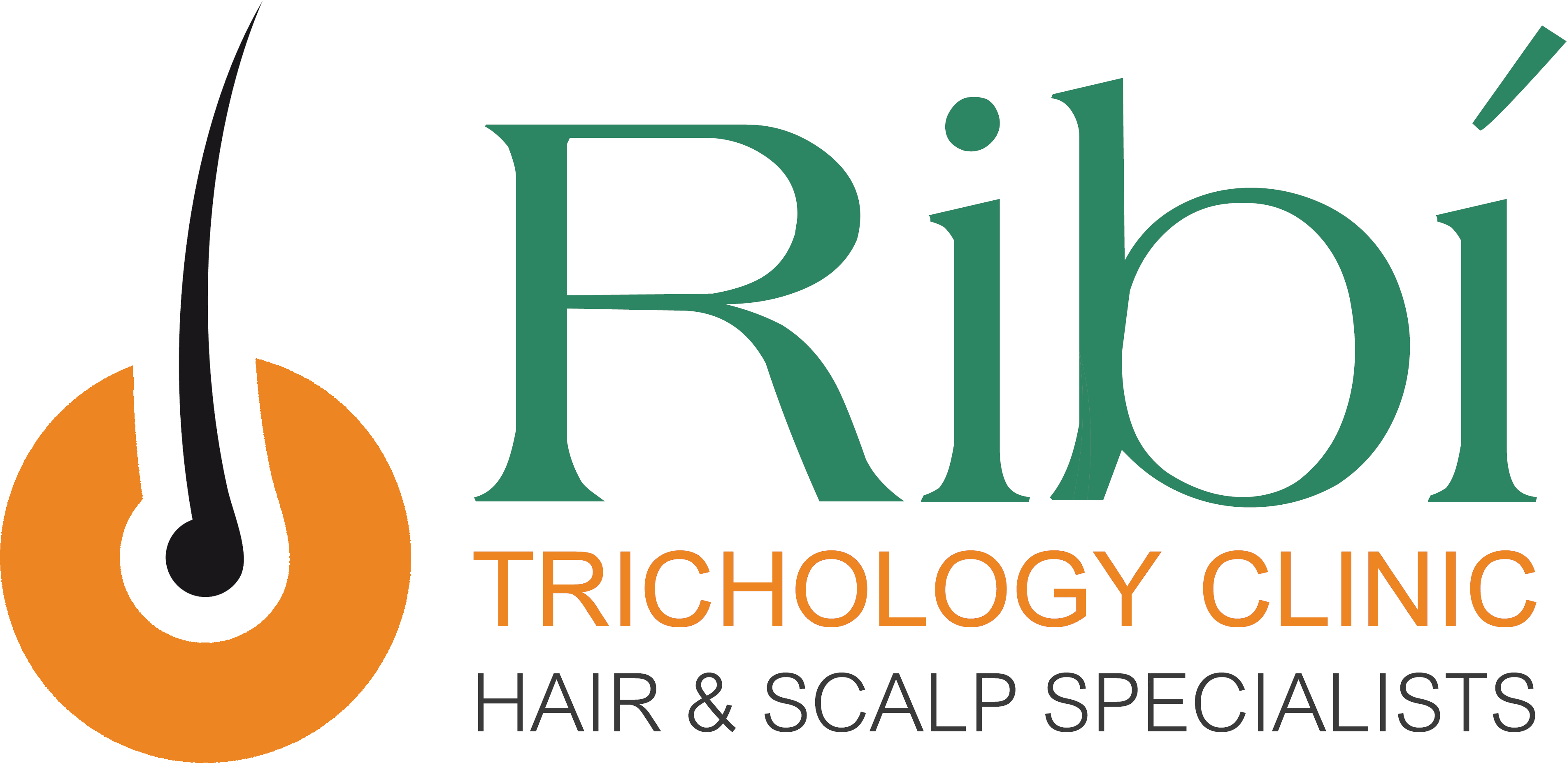Treatments for Cancer Patients
What we do in our clinic for pre-chemotherapy hair loss
As soon as you know when you will be starting your treatment at least not later than three weeks prior to the commencement of your treatment you should contact us for consultation for the services we offer.
What we do in our clinic for post-chemotherapy hair loss
As soon as your oncologist clears you for topical treatments, you can start to circulate, stimulate and increase blood flow to your scalp. Your follicles are going to want to grow hair. You can encourage this with appropriate treatments – such as scalp masks and prescribed stimulant drops, and perhaps changes to your diet and nutritional supplements if needed.’ For more information on treatments we offer at RiBí Trichological Clinic, please contact us at our Mayo office.
Other services include:
- Biological scan surveys
- Blood typing
- General wellness check
- Pre hair transplant consultations
Pre hair transplant consultations
Hair transplantation is a surgical technique that removes hair follicles from one part of the body, called the ‘donor site’, to a bald or balding part of the body known as the ‘recipient site’. The technique is primarily used to treat male pattern baldness. In this minimally invasive procedure, grafts containing hair follicles that are genetically resistant to balding, (like the back of the head) are transplanted to the bald scalp. Hair transplantation can also be used to restore eyelashes, eyebrows, beard hair, chest hair, pubic hair and to fill in scars caused by accidents or surgery such as face-lifts and previous hair transplants. Hair transplantation differs from skin grafting in that grafts contain almost all of the epidermis and dermis surrounding the hair follicle, and many tiny grafts are transplanted rather than a single strip of skin.
Since hair naturally grows in groupings of 1 to 4 hairs, current techniques harvest and transplant hair “follicular units” in their natural groupings. Thus modern hair transplantation can achieve a natural appearance by mimicking original hair orientation. This hair transplant procedure is called follicular unit transplantation (FUT). Donor hair can be harvested in two different ways: strip harvesting, and follicular unit extraction (FUE).
Pre-operative assessment and planning
At an initial consultation, the surgeon analyzes the patient’s scalp, discusses their preferences and expectations, and advises them on the best approach (e.g. single vs. multiple sessions) and what results might reasonably be expected. Pre-operative folliscopy will help to know the actual existing density of hair, so that postoperative results of newly transplanted hair grafts can be accurately assessed. Some patients may benefit with preoperative topical minoxidil application and vitamins.
For several days prior to surgery the patient refrains from using any medicines which might result in intraoperative bleeding and resultant poor grafting. Alcohol and smoking can contribute to poor graft survival. Post operative antibiotics are commonly prescribed to prevent wound or graft infections.
AT RIBI CLINIC WE HAVE AN AFFILIATION WITH A WELL RENOWNED HAIR TRANSPLANT SURGEON HENCE OUR INITIAL CONSULTATION AND ANALYSIS WILL FOCUS ON IDENTIFYING THE SUITABILITY OF THE PATIENT to aid THE hair transplant surgeons in counting available follicular units and hairs, calculating densities and diameters, checking recipient and donor scalp surface areas with a correction to an applicable scalp curvature, numbers of grafts, available and needed to achieve desired treatment results.
Code of Conduct / Work Ethics
- Ribí Trichology Clinic’s ultimate goal is to work with individual patients and to provide the best solution in managing any hair and scalp condition regardless of its severity.
- Beyond offering hair loss and scalp solutions to patients, Ribí Clinic is committed to the continous improvement of its treatments, ongoing research and development which will lead to the combating of hairloss.
- For the protection of our patients, we follow the strict code of conduct of the Institute of Trichologists. The Institute of Trichologists publishes a Code of Professional Practice and Ethics by which all practicing trichologists who are registered members of the Institute are expected to abide by.

